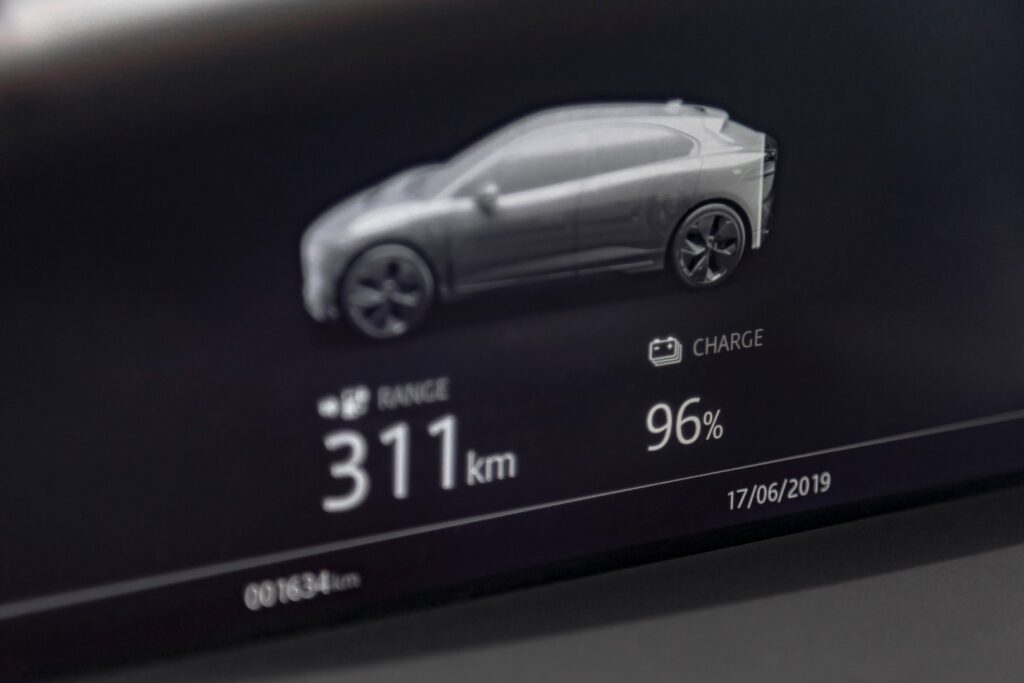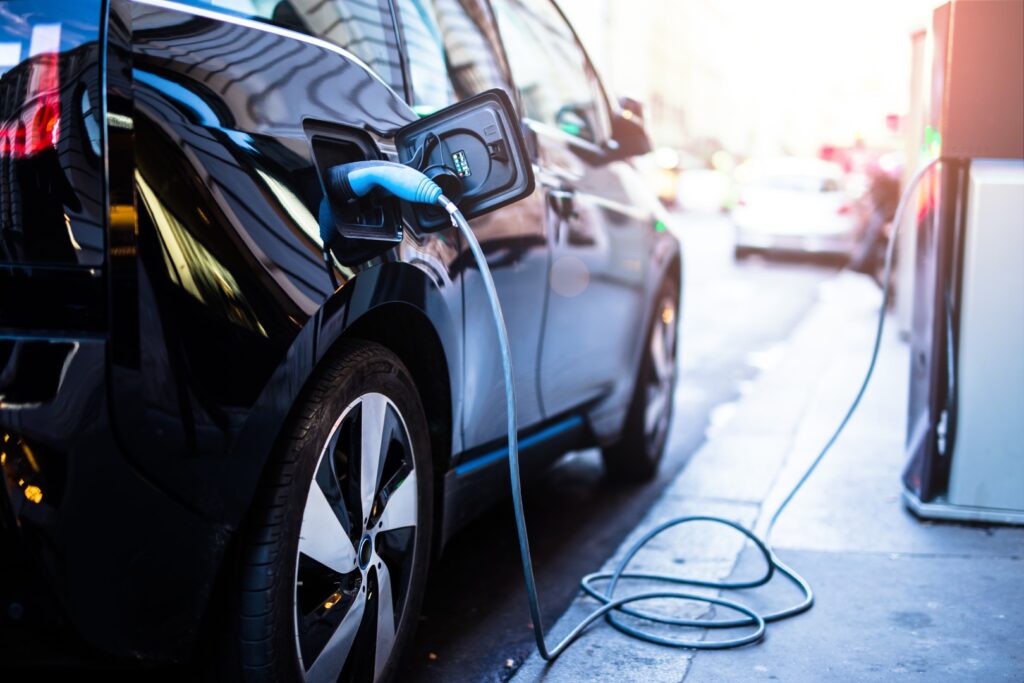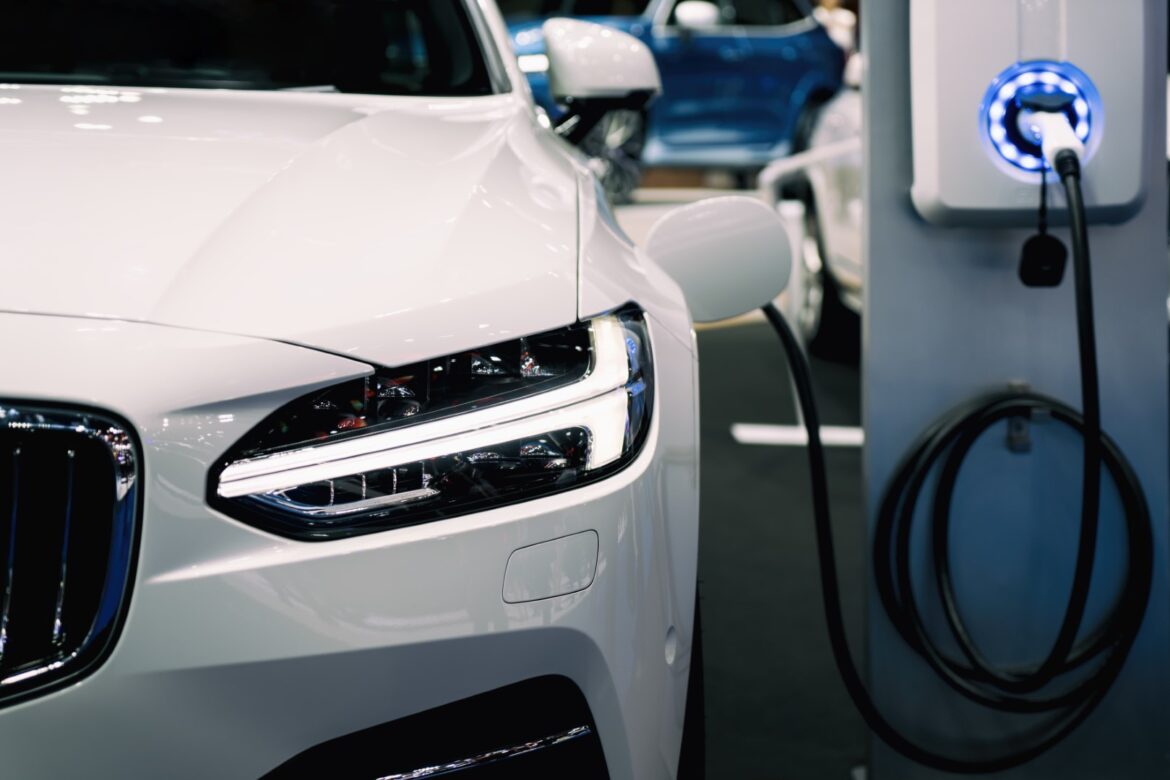Electric cars have been gaining popularity in recent years as an alternative to traditional gasoline-powered vehicles. They offer numerous benefits such as lower emissions, quieter rides, and lower operating costs. However, there are also some disadvantages that come with owning an electric car. In this blog, we will explore the pros and cons of electric cars to help you decide if they are the right choice for you.

Pros:
Environmentally friendly
One of the most significant advantages of electric cars is that they are environmentally friendly. Electric cars emit fewer greenhouse gases than traditional gasoline-powered vehicles, which means they can help reduce air pollution and combat climate change. This is particularly true if the electricity used to charge the car comes from renewable sources such as solar or wind power.
Lower operating costs
Electric cars are cheaper to operate than gasoline-powered cars. They require less maintenance and have lower fuel costs. According to the US Department of Energy, electric cars can cost up to 50% less to operate than traditional cars. This is because the cost of electricity is generally lower than gasoline, and electric cars have fewer moving parts, which means they require less maintenance.
Quieter rides
Electric cars are much quieter than traditional cars. They do not have an internal combustion engine, which means they do not produce the same noise and vibrations. This can make for a more pleasant and relaxing driving experience, particularly in urban areas where traffic noise can be a problem.
Government incentives
Many governments offer incentives to encourage people to buy electric cars. These incentives can include tax credits, rebates, and other financial incentives. In some areas, electric car owners may also be eligible for carpool lane access, reduced tolls, and other benefits.
Cons:
Limited driving range
One of the most significant disadvantages of electric cars is their limited driving range. Most electric cars can only travel around 100-200 miles on a single charge, which means they are not suitable for long-distance travel. This can be a problem for people who need to drive long distances regularly, as they may need to stop and recharge their car frequently.
Longer charging times
Charging an electric car takes much longer than filling up a traditional car with gasoline. Even with fast-charging technology, it can take 30 minutes or more to recharge an electric car’s battery. This can be a problem for people who need to get back on the road quickly, as they may need to plan their trips carefully to ensure they have enough time to recharge their car.

Higher upfront costs
Electric cars are generally more expensive to purchase than traditional cars. This is partly because of the cost of the battery technology used in electric cars, which is still relatively expensive. However, as the technology becomes more widespread, it is expected that the cost of electric cars will continue to decrease.
Limited charging infrastructure
Another disadvantage of electric cars is the limited charging infrastructure. Although more and more charging stations are being installed, they are still not as widespread as gas stations. This can make it challenging to find a charging station when you need one, particularly if you are traveling to a new area.
Conclusion:
Electric cars offer many benefits, including lower emissions, lower operating costs, and quieter rides. They can also be eligible for government incentives, which can make them more affordable. However, there are also some disadvantages to consider, such as their limited driving range, longer charging times, higher upfront costs, and limited charging infrastructure.
Ultimately, whether an electric car is the right choice for you will depend on your individual needs and circumstances. If you have a short daily commute and can recharge your car at home or work, an electric car could be an excellent option for you. However, if you frequently travel long distances or need a car with a more extensive range, a traditional gasoline

